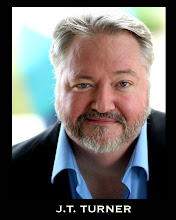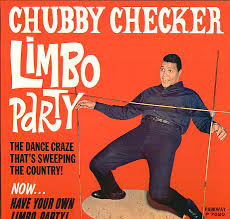 I was raised Catholic. In the days of my youth I went to a Catholic grammar school, and in our religion classes we were taught a person goes to Heaven, Hell or Limbo. Limbo is a sort of waiting room, your soul hadn't made it into the wonders of Heaven, but also was not bad enough for the fires of Hell. But if people prayed for you, your soul could leave this waiting spot and move onward, eventually reaching Heaven. (Limbo the place or state of being should not be confused with sliding, leaning backwards, under a stick).
I was raised Catholic. In the days of my youth I went to a Catholic grammar school, and in our religion classes we were taught a person goes to Heaven, Hell or Limbo. Limbo is a sort of waiting room, your soul hadn't made it into the wonders of Heaven, but also was not bad enough for the fires of Hell. But if people prayed for you, your soul could leave this waiting spot and move onward, eventually reaching Heaven. (Limbo the place or state of being should not be confused with sliding, leaning backwards, under a stick).I was listening to the radio the other day as my son and I drove to a recording session. On a talk show, someone mentioned they felt they were in Limbo, this place of waiting between two places. And I was suddenly struck with the idea that an actor should never be in Limbo. Acting is not a passive art, on the contrary it should be extremely active. There should never be a time onstage when an actor is just marking time, waiting to say the next line.Even an actor with few or no lines can fill a stage with the action of being present, in that scene, in that moment.
I direct a lot of young people, children and teens. One of the constant mantras I give my actors is never to be a "dead fish". By that I mean don't stand on stage, passive, observing, slack-jawed. I pride myself on having great backgrounds to all scenes. To get that, actors have to stay active, stay in the scene.
Right now I am directing a fun production of Pirates of Penzance Junior. At one point, I have dancers downstage, and the girls playing thier sisters upstage, a bit above them on a platform. The ladies on the platform could just stand there, passively watching the dance. Naturally, I don't let them. I encourage them to be a part of the whole scene. As they watch the dance, perhaps they laugh and love it, or long to join in, or think the dancers are acting silly. They can show any of those things facially and with body language. Or better still, turn and relate to the sister next to them, and share a thought about the dance. Now, I don't let them react so large that they steal focus, but I do make them a real part of the scene. Yesterday I told them they were not allowed to be zombies onstage! (Ok that may be unfair to zombies, they often have a clear purpose, usually the pursuit of tasty brains. I am thinking of the mindless, shambling, dead-faced zombies, not the Equity ones. :))
But being a zombie or being in Limbo isn't just a challenge for background or supporting actors. I have seen many plays with just a few actors onstage, where an actors speaks a line, then turns into a zombie, living in limbo, focused on nothing but the next cue when they can speak again, ACTORS ARE NEVER IN LIMBO, EVEN WHEN WAITING. They are angry at the situation, chomping the bit to be able to share news, happy to be with people they love, lonely and anxious, terrified and so on. They are always active, always in the scene.
This also applies to singers and dancers. Hear the lyrics, show me with face and body what you are feeling as you sing or dance. I have seen great dancers who just dance, and may as well be wearing a mask. Be like my dear friend Jenny Carlson, who not only dances brilliantly, but has a marvelous face that reflects what is going on in the dance.
Put yourself in Heaven. Put yourself in Hell. Don't just sit in Limbo. Act.
J.T. Turner
The Actor's Sensei
Coaching and Lessons Available, jtactor@aol.com




 Ok I left my last blog as a cliffhanger, like a 1930's weekly serial. When last we visited the Actor's Sensei, he was teaching his minions a great method of memorizing lines. But for many actors and speakers, there is an odd occurance. Every time you try to say your lines, you get stuck at exactly the same spot. Time and time again. This is usually the scene...
Ok I left my last blog as a cliffhanger, like a 1930's weekly serial. When last we visited the Actor's Sensei, he was teaching his minions a great method of memorizing lines. But for many actors and speakers, there is an odd occurance. Every time you try to say your lines, you get stuck at exactly the same spot. Time and time again. This is usually the scene... In fact it just reinforces the forgetful moment, as you are making a new, bold memory around it. Its like the Forget Monster jumps out, you buy it dinner and take it to a movie. So first rule, when you get stuck, don't berate yourself. Just correct and go on if you can.If you are at a rehearsal and forget a line, just ask for it, without a 20 minute scene of apology.
In fact it just reinforces the forgetful moment, as you are making a new, bold memory around it. Its like the Forget Monster jumps out, you buy it dinner and take it to a movie. So first rule, when you get stuck, don't berate yourself. Just correct and go on if you can.If you are at a rehearsal and forget a line, just ask for it, without a 20 minute scene of apology.
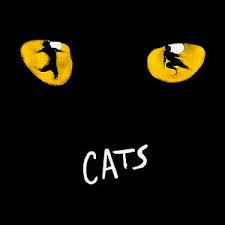


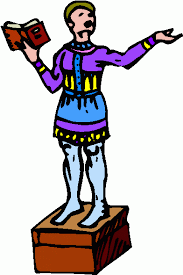 Even the best actors get rejected for roles. Auditioning is often like a trip to a casino, you roll the dice and see what happens. Actors, dancers, singers, public speakers all get turned down for work on a regular basis if they are out there auditioning for work.
Even the best actors get rejected for roles. Auditioning is often like a trip to a casino, you roll the dice and see what happens. Actors, dancers, singers, public speakers all get turned down for work on a regular basis if they are out there auditioning for work.






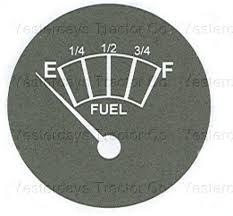
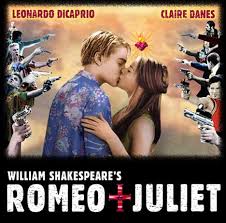

 I am just starting up a new musical I am directing, Jason Robert Brown's "13". A great, fun musical all about the trials and tribulations of being 13.. We had a nice turnout for auditions, about 40 or so. But I have to say while some people did a great job, several people at auditions had a really odd habit.
I am just starting up a new musical I am directing, Jason Robert Brown's "13". A great, fun musical all about the trials and tribulations of being 13.. We had a nice turnout for auditions, about 40 or so. But I have to say while some people did a great job, several people at auditions had a really odd habit.




